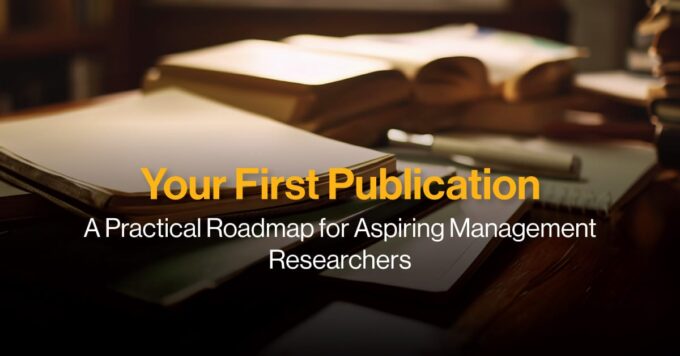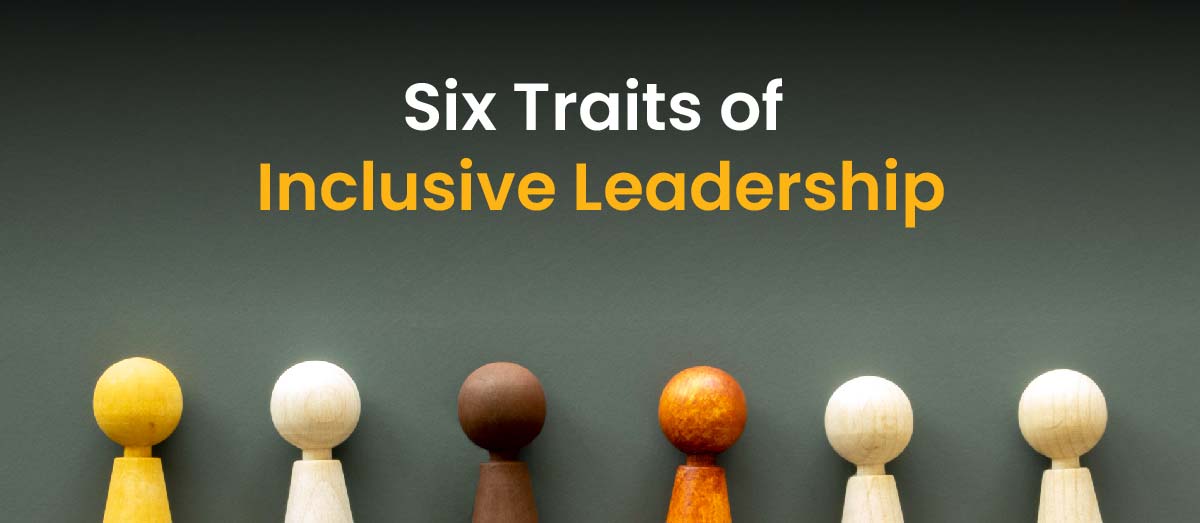“In conversation with Professor Shuchi Dikshit, Head – FIIB’s Aarohan Counselling Centre”
As a counselor, why do you feel it is essential for people to openly start talking about their problems?
Prof Shuchi Dixit: Let’s take a logical perspective. In any given situation if we encounter a problem we try to find a solution that could resolve it. We try to devise different options and choose the most optimal solution. It is a very normal practice to refer to experts or different stakeholders for their feedback to choose the ‘right option’. We have a well-established procedure for problem-solving. I believe this model usually works. But in matters of any emotional or mental hurdle we encounter, the steps of the process are not followed.
The reason for this could be understood in the following two ways:
Firstly, many of us have grown with the impression that talking about how we feel about something, expressing our emotions or so is not right. It should not be done and should be avoided. Secondly, we feel talking about our problems is not right. We should always talk about things that make others smile or happy else no one would like us.
In both situations, we end up trying to either question our feelings being “right” or look at the situation in the same way without being able to make sense most of the time. It is important to understand that not every stressor or emotional dilemma we face requires medicines. Even when medicines like antidepressants are prescribed, Talk Therapy has to accompany that. Mental health is as serious an ailment as any other physical ailment we know of.
What would you consider to be the leading causes of mental health issues today?
Prof Shuchi Dixit: Multiple reasons could lead to mental health issues. There are different risk factors and triggers like genetics, environment, childhood trauma, stressful events, unhealthy habits, and alcohol or drug abuse. These factors could be active for anyone and may become a cause. The prevalence of depression, anxiety disorders, and eating disorders are found to be most contributing to India’s rising mental disorders cases.
What is the importance of mental health for students and how do you suggest they should deal with it?
Prof Shuchi Dixit: At every stage of our life, we face some other challenges and usually it happens that we encounter a particular situation for the first time. Let’s simplify this with a few instances. Asking for help is like asking your mother, teacher, or friend to help you with your homework. As we grow, we ask for help for all sorts of things we are new at – cooking, cleaning, choosing a career, passing a competitive exam, selecting a college, switching jobs, and choosing a prospect for marriage. Asking for help is expected. But when it comes to handling our emotions or being overwhelmed by them we are teaching ourselves that we don’t need help. Eventually, we may not. But denying the right to seek help for ourselves to learn is not the right approach. And like we say there is no age to learn, so seeking help is legitimate at any age. The goal of every therapy is set in the beginning and the therapist is the helper who wants the client to acquire the skills that will be used to handle situations that he/she finds challenging.
Student life is like any other phase of life – you are full of energy, eager, easy to be influenced and suddenly standing at the door of a new and unknown life. Isn’t it obvious with all the above mentioned, a student would easily face self-doubt, anxiety, worry, and fear of failure? He/she is yet to learn. The top priority for us as educators is to provide that emotional support along with knowledge. Providing training on ‘coping skills’ is as equal as any other.
How does FIIB support the mental health of its students, faculty, and staff?
At FIIB we have always realized the importance of the holistic growth of a student. We aim to prepare students for a career and not just the first job. Some of the initiatives that are a part of the curriculum are Emotional Intelligence and Personal Growth Lab. Outside the curriculum, regular sessions are conducted on mental health awareness and ways of dealing with stress like mindfulness. FIIB also has a unique Student Mentorship Program, which groups a handful of students with faculty mentors. They meet weekly to discuss not just academic progress but support or hurdles that need to be addressed.
FIIB also offers counseling services – Aarohan headed by me, for all students, staff, and faculty. As a psychological counselor, students are free to approach me at any time. They could also leave an email to take time as per convenience. The rule of anonymity and confidentiality is followed for all.


















Leave a comment